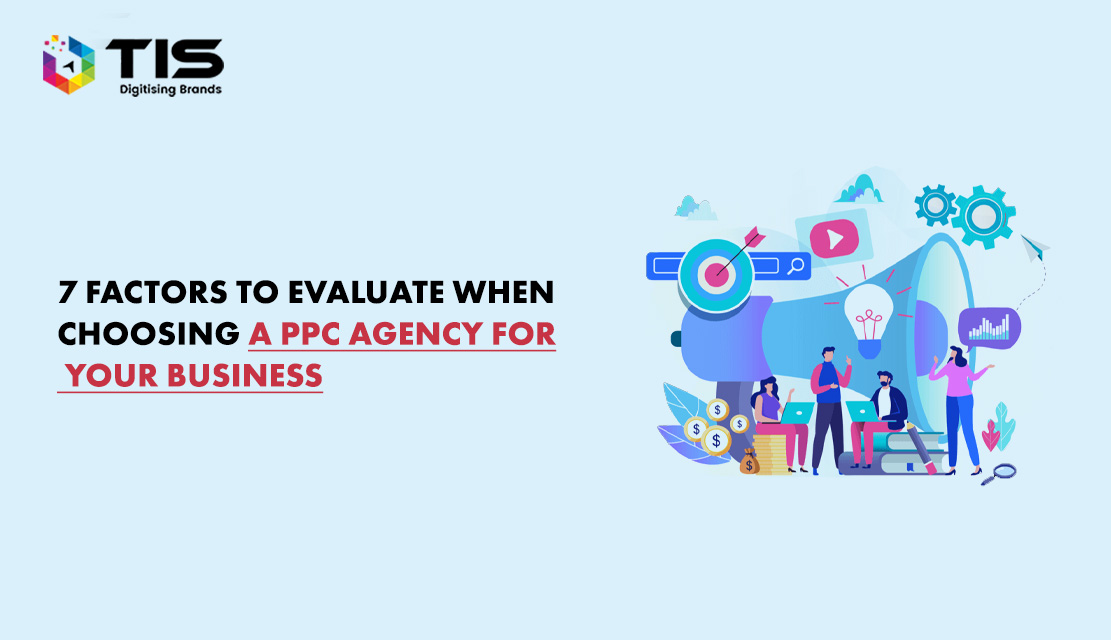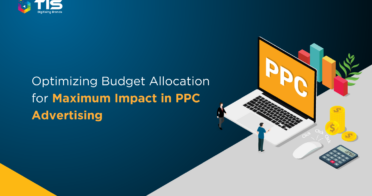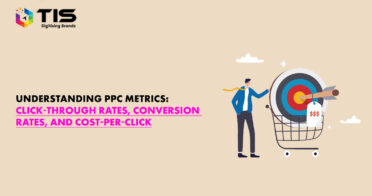





 Mar 28, 2023
Mar 28, 2023

If you’re considering partnering with a PPC agency, whether it’s your first time or you have experience with it, there are some important factors to take into account before finalizing the agreement. It’s likely that the agency will become an extension of your marketing team, and you’ll collaborate with them frequently to enhance campaign performance and adapt the strategy to your needs. Before you hire your next PPC partner, here are seven crucial aspects to consider.
Transparency refers to being open and honest in all dealings between two parties. In a business relationship, it is especially important for an agency-client relationship as the client entrusts the agency with their business objectives. A transparent agency communicates clearly, discloses all relevant information, and deals straightforwardly in all dealings with the client.
When an agency is transparent, it can build trust with the client, which is essential for a successful business partnership. Trust is necessary as it allows the client to feel confident in the agency’s abilities and know that they will deliver on their promises. Good communication is also critical in building trust, and transparency helps to foster it.
We’re transparent about project progress, potential risks, and the methods we use to achieve the client’s goals. The agency keeps the client informed by sending regular updates, which helps them make better decisions. The client can also intervene if something doesn’t go right or if they have any concerns.
As described in the text, the strategy is to set clear, measurable goals and expectations to make sure everyone’s on the same page We’re all working towards the same thing. Working collaboratively with the client, we develop specific, realistic, and achievable goals that guide our work.
To implement this strategy effectively, the agency must have a deep understanding of the client’s needs and objectives. This requires active listening and open communication between the agency and the client, as well as a willingness to adapt and adjust as needed to ensure that the goals and expectations remain relevant and achievable over time.
Clear and measurable goals are important because they provide both parties with a shared understanding of what needs to be accomplished and how success will be defined. By establishing these goals collaboratively, the agency and client can work together to develop a roadmap for achieving the desired outcome.
Any agency that wants to help their clients reach their goals and objectives needs a clear and effective strategy. It’s important to know your client’s business, target audience, and competitors before designing a strategy.
In order to develop an effective strategy, the agency needs to identify the client’s strengths, weaknesses, opportunities, and threats. By leveraging the client’s strengths, addressing their weaknesses, and taking advantage of opportunities, we’ll design a strategy that works.
In addition, the strategy should be tailored to achieve the client’s objectives as efficiently and effectively as possible. When developing the strategy, the agency should consider factors such as budget, timelines, and available resources.
A clear explanation of the agency’s strategy to the client is essential. Describe how the strategy aligns with the client’s goals and objectives and how it will help them reach their goals. Making sure both the agency and client are on the same page will help build trust and ensure success.
Making the most of the resources available to an agency and client can be made easier with an effective strategy. It can also help to identify potential roadblocks or challenges and provide a roadmap for addressing them. Ultimately, a clear and effective strategy is critical for helping the agency and client achieve success.
It’s important for a project to have a good client-agency relationship. It’s important to establish clear roles and responsibilities between team members. Agencies and clients need to understand their roles and responsibilities.
Bringing expertise, experience, and resources to projects is what the agency does. Providing skills, knowledge, and tools is the agency’s job. Developing a strategy that works requires working closely with the client to understand their needs and objectives.
On the other hand, the client’s role is to provide input, feedback, and guidance to ensure that the project meets their needs and objectives. The client is responsible for providing the agency with the necessary information and insights to deliver a successful project. The client should work collaboratively with the agency to ensure that the project is aligned with their overall business objectives.
Both the agency and the client must collaborate to achieve the desired outcomes. A clear understanding of each party’s role and responsibilities is crucial to ensuring that the project is successful. Effective communication is essential throughout the project to ensure that both parties are aware of their obligations and expectations. By working together, the agency and the client can build a strong relationship and deliver a successful project that meets their goals and objectives.
Having experience means gaining knowledge, skills, and expertise through the past activities, events, and engagements of an individual or organization. Experience is a deciding factor when choosing an agency to work with, since it ensure that the agency has the skills and knowledge to handle your specific project.
An experienced agency should have a track record of successfully executing similar projects, which means they understand the client’s industry, target audience, and marketing challenges. It is important that a digital marketing agency has experience developing successful social media campaigns for similar clients if a client is looking for assistance with their social media strategy.
A professional agency can bring valuable insight and suggestions to a project, helping the client succeed. You’ll be able to execute projects more efficiently and effectively, and you’ll succeed more often.
Examine their case studies, references, and other examples of successful projects they’ve completed in the past when evaluating their experience. Evidence of agency’s expertise, capabilities, and performance can be found in these materials.
It’s crucial to have reporting experience in project management to keep clients updated. Providing regular updates and metrics relevant to the client’s objectives is part of it. This helps clients stay engaged in the process and allows them to make informed decisions about how to proceed with their project.
Reports should be clear and concise, highlighting key performance indicators (KPIs) that show progress. Metrics like completed tasks, milestones, and timelines can be included.
Reporting should be done regularly, ideally weekly or biweekly, depending on the scope of the project. Keeping clients updated ensures they can anticipate any potential delays or issues during the project.
It’s important for agencies to be flexible in their reporting and open to customization based on the client’s specific needs and preferences. This can involve tailoring the metrics and reporting format to meet the client’s expectations, ensuring that they have a clear understanding of the project’s progress and any potential challenges that may arise.
The pricing structure of an agency is how it charges clients for the services it provides. Clients should know what they’re paying for and why, so it’s important that the pricing structure is clear, transparent, and fair.
The pricing structure should be clearly laid out so there are no hidden fees or charges and the client knows exactly what they’re paying. A transparent pricing structure means the agency gives a detailed breakdown of its pricing structure and is open to discussing pricing with the client to make sure the client gets the best value.
Pricing structures should allow clients to choose the services they need and want, so they only pay for what they need. Price should also make clients feel like they’re getting good value for their money, which means that they should feel like they’re getting good value.
Clear and transparent pricing can build trust between the agency and the client. Having a clear understanding of what clients get makes building long-term relationships easier.
Overall, a clear, transparent, and fair pricing structure is an important factor to consider when choosing an agency to work with. The client should have a clear understanding of what they are paying for and what they can expect in return.

In the dynamic realm of pay-per-click (PPC) advertising, the key to success doesn’t solely lie in the magnitude of your expenditures; it rests on the shrewd distribution of those funds to yield optimal outcomes. With the application of adept strategies, your budget can be stretched to its utmost potential,...
Read More

Overview of PPC Advertising PPC (Pay-Per-Click) advertising is an online advertising model where advertisers pay a fee each time their ad is clicked. It involves bidding on keywords and displaying ads in search engine results or on relevant websites. When a user clicks on the ad, the advertiser is...
Read More

Introduction: Pay-per-click (PPC) advertising is a powerful digital marketing strategy that requires a thorough understanding and analysis of key metrics to evaluate the effectiveness of your campaigns. This article focuses on three crucial metrics in PPC advertising: click-through rates (CTR), conversion rates, and cost-per-click (CPC). By gaining a comprehensive...
Read More